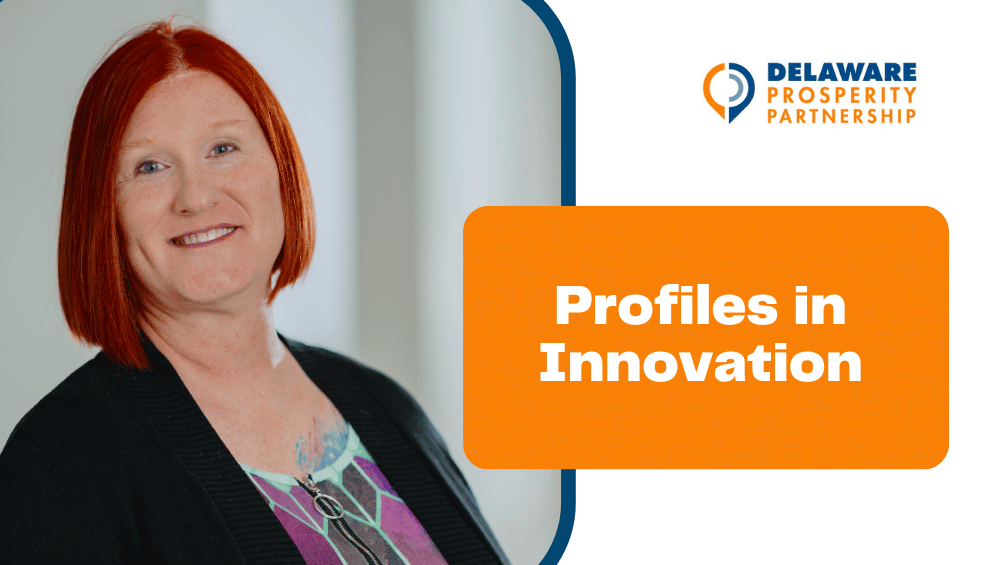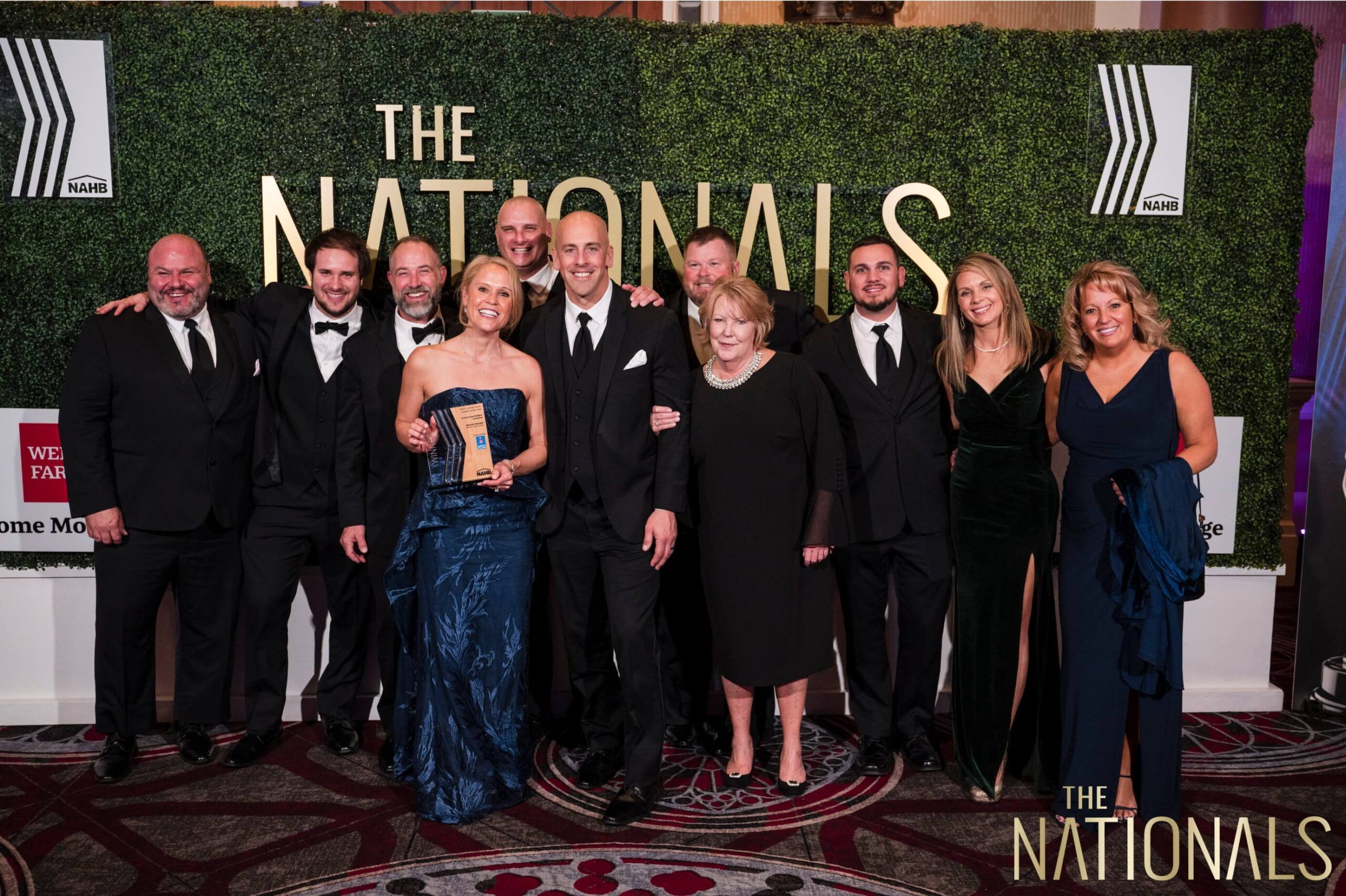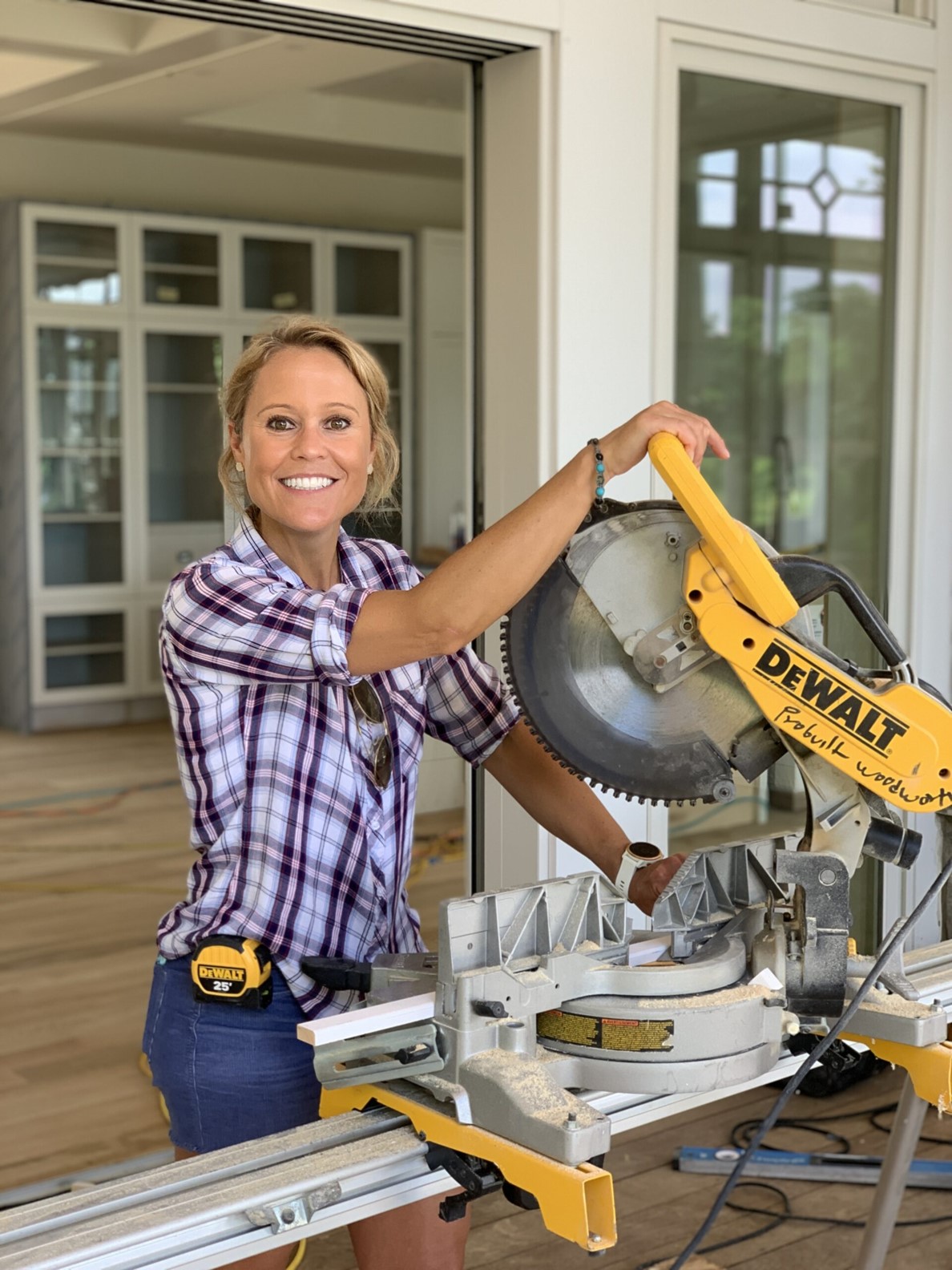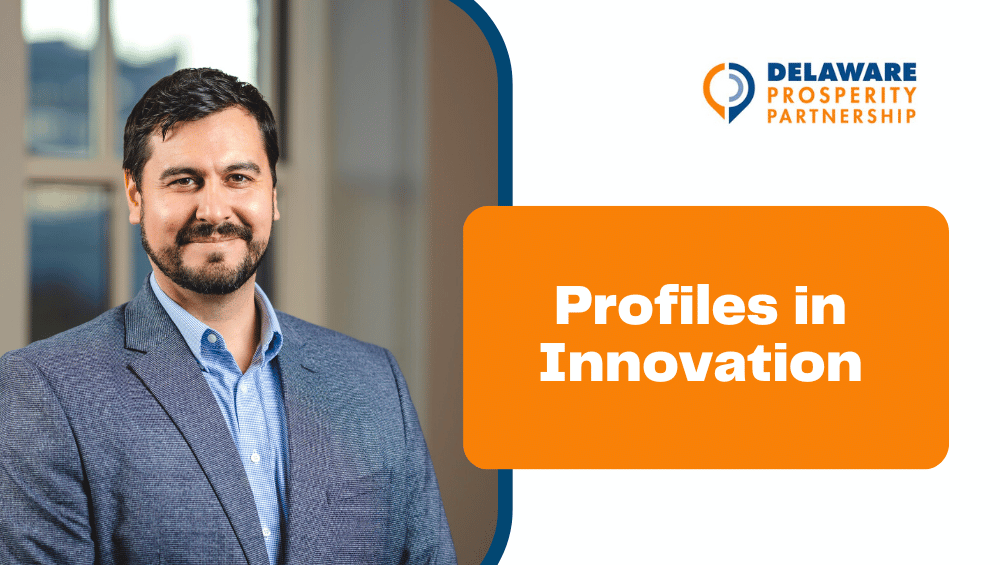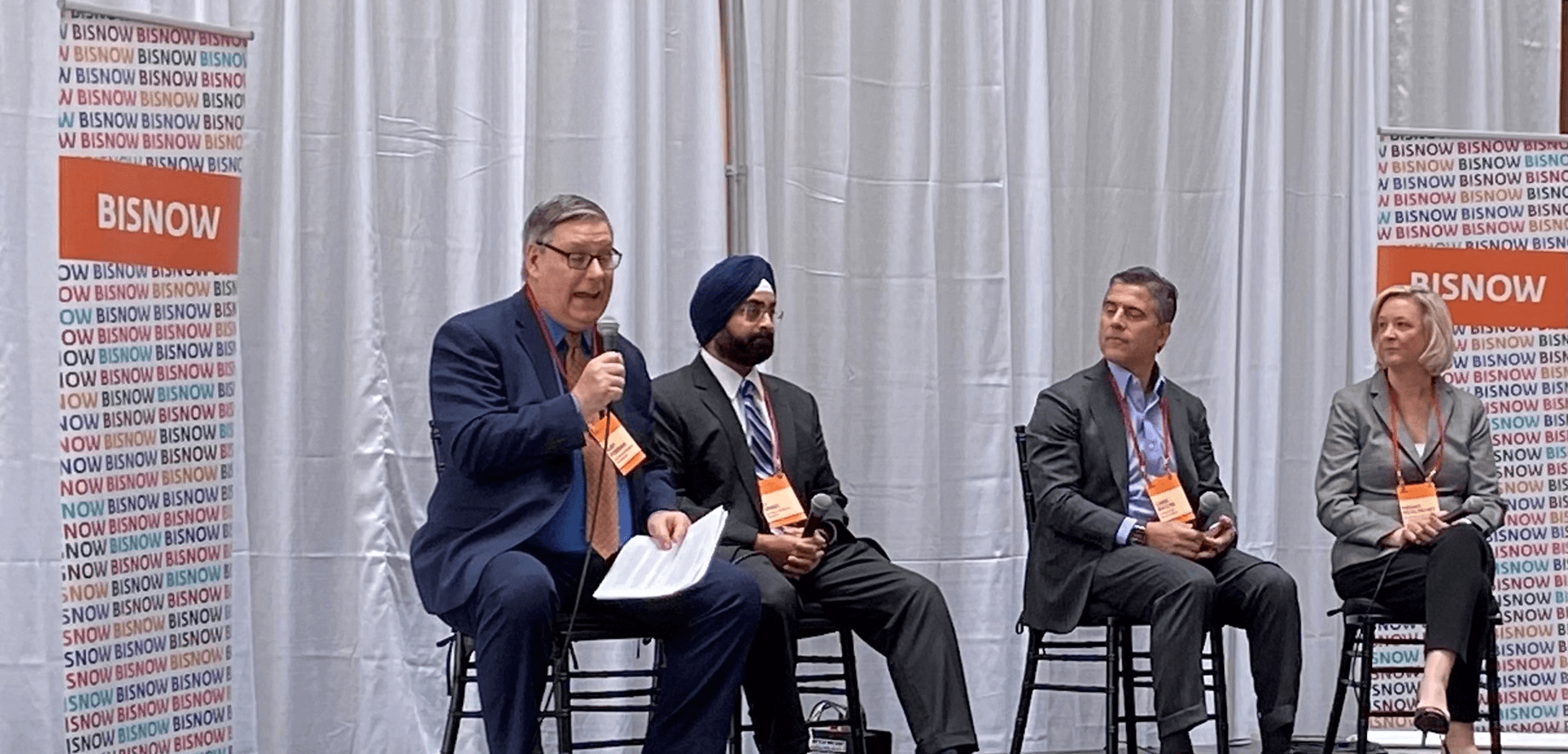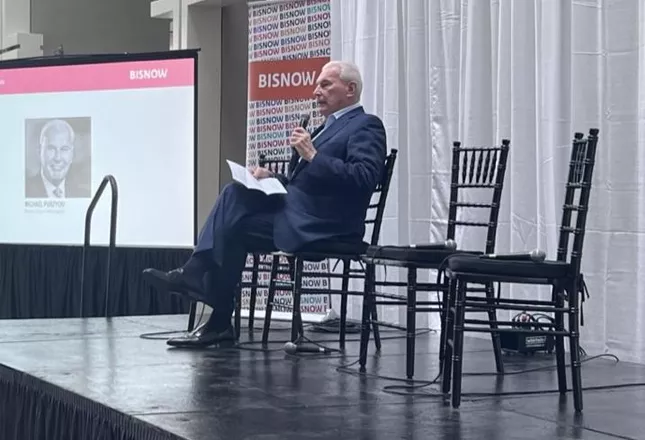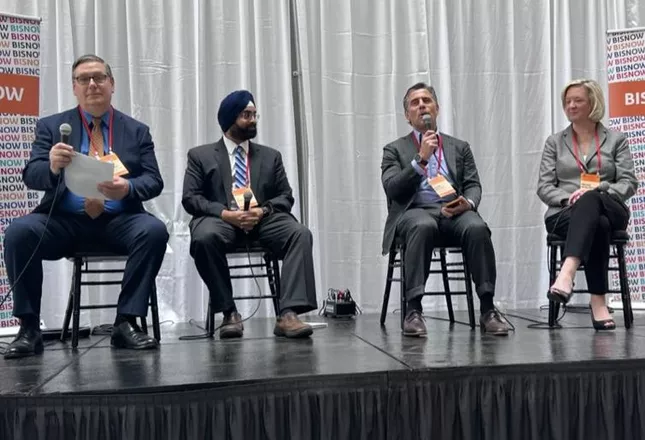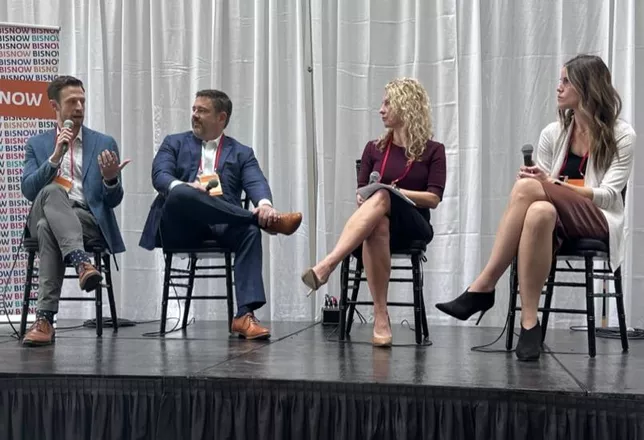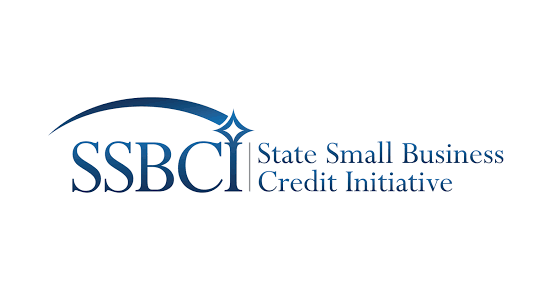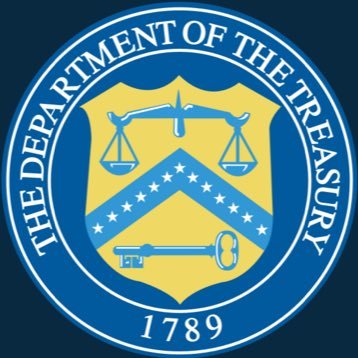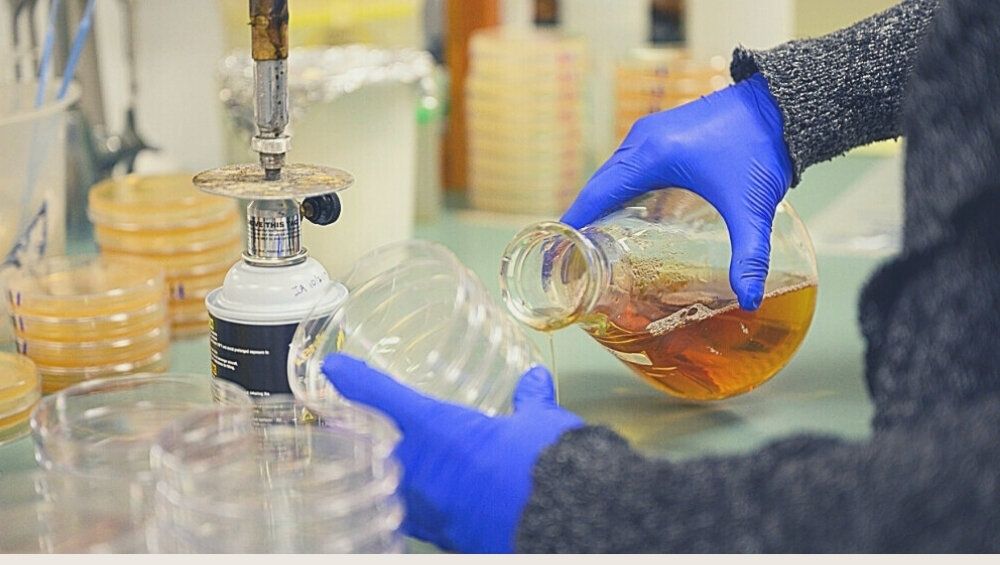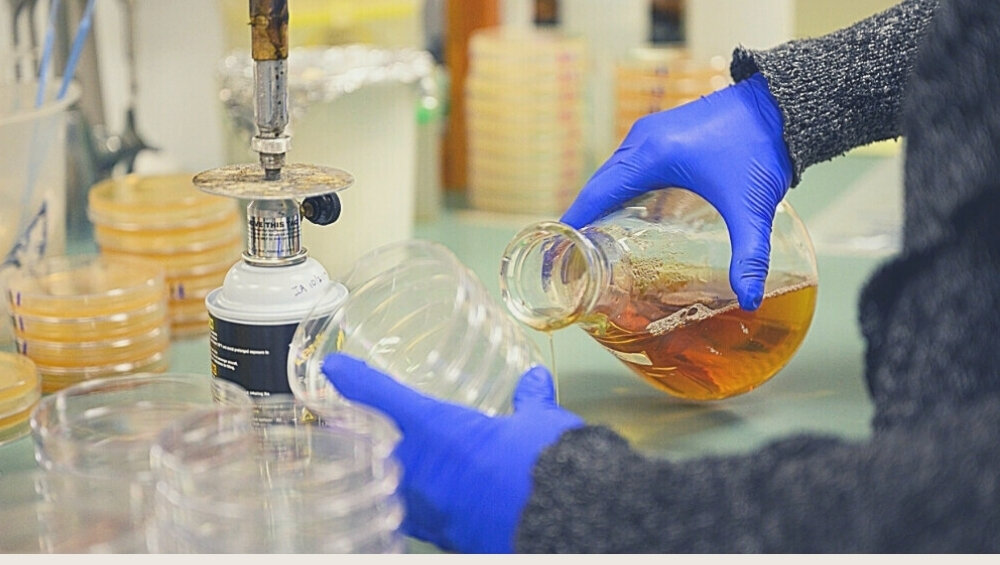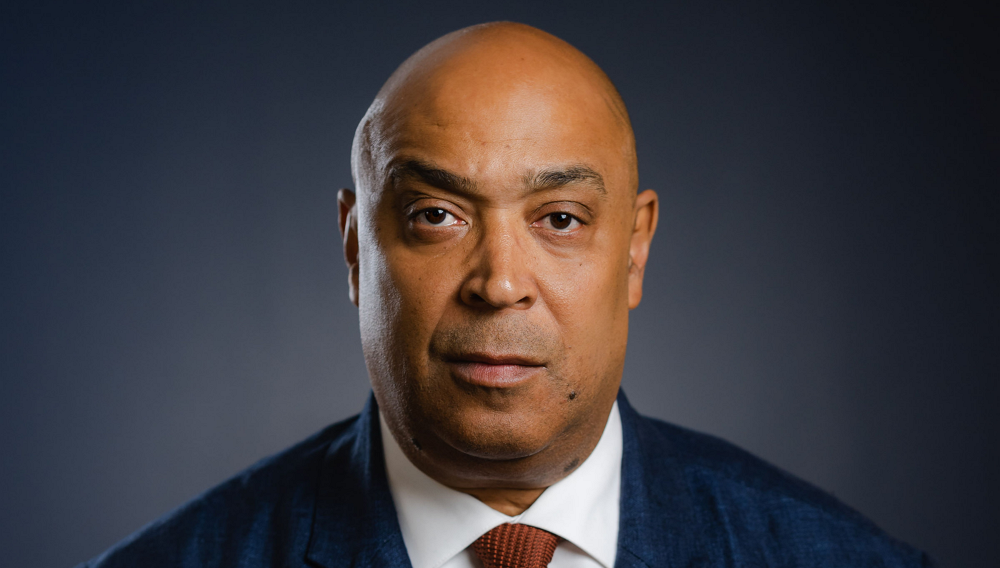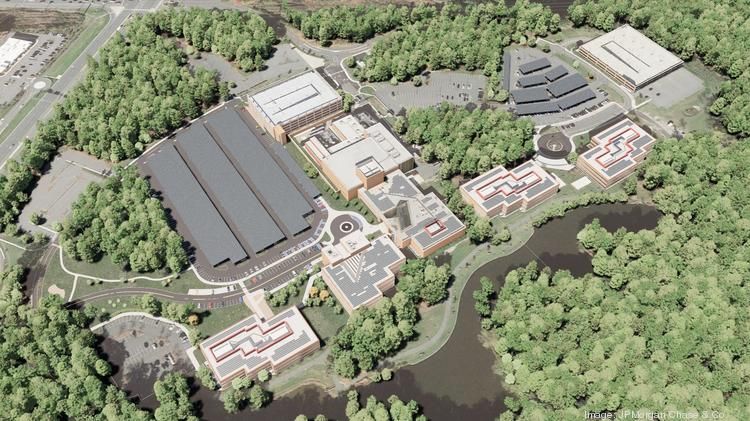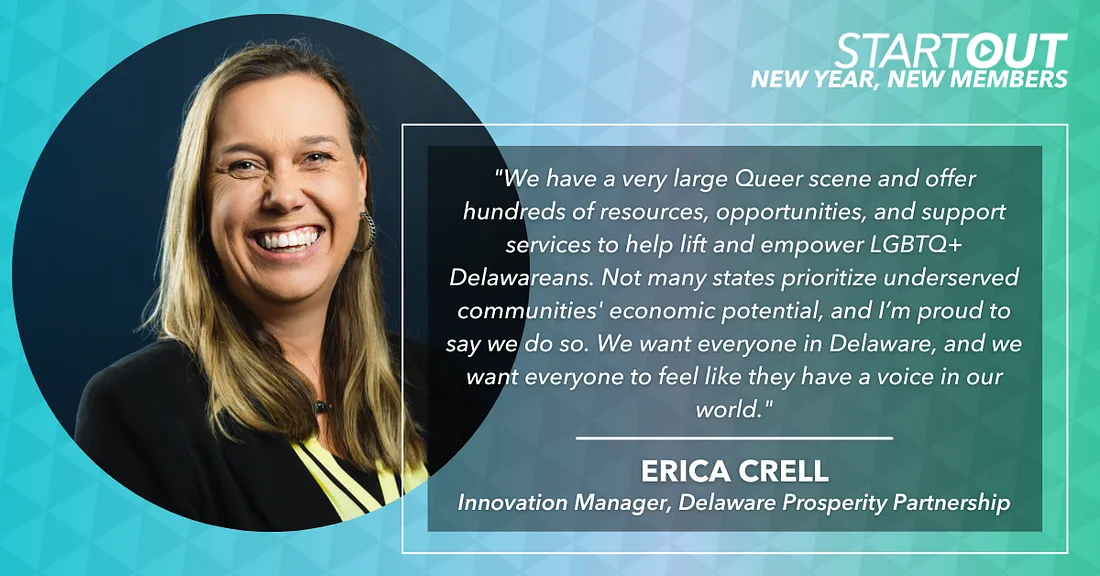15 Ventures with Underrepresented Founders Share $198,000 In Startup302 Grant Prizes
15 Ventures with Underrepresented Founders Share $198,000 In Startup302 Grant Prizes

First in-person finals conclude Delaware’s annual funding contest for technology and tech-enabled startups led by members of underfunded groups
April 28, 2023
WILMINGTON, Del. – Fifteen tech-enabled startups with at least one team member from an underrepresented demographic are sharing $198,000 in non-dilutive grant funding from Delaware’s third Startup302 competition, which was coordinated by Delaware Prosperity Partnership (DPP) and partners from throughout Delaware and beyond.
Finalists competed in five primary categories and represented multiple industries in the final pitching round, which took place in person for the first time in Startup302’s three-year history. The funding contest launched in December and attracted 169 applicants from throughout Delaware and across the United States as well as Canada, Brazil, Uruguay, Italy, Armenia and Kyrgyzstan. The April 27 finals, which were sponsored by UD Horn Entrepreneurship and featured lunch by Out of the Ordinary Catering of Middletown, Delaware, was held at Theatre N in downtown Wilmington.
“What an exciting day! Having the chance to recognize innovative startups, both those from Delaware and around the country, at an event here in Wilmington in conjunction with our partners in the community, was an immensely rewarding experience, and a great chance to show off Delaware to our competitors from outside the First State,” said DPP Director of Innovation Noah Olson, who led organization of the competition with DPP Innovation Manager Erica Crell and a steering committee made up of key players in Delaware’s startup community.
All three finalists in each category received a monetary award as follows:
FinTech
Sponsors: Delaware Prosperity Partnership, Discover Bank, JP Morgan Chase & Co., M&T Bank
- 1st: KidVestors® (Louisville, Kentucky) – $21,000
- 2nd: Stakana Analytics (Seattle, Washington) – $11,000
- 3rd: Fleri (Columbus, Ohio) – $6,000
Clean, Green and Blue
Sponsors: Delmarva Power, DuPont, FMC Corp., The Innovation Space
- 1st: Ecotone Renewables (Pittsburgh, Pennsylvania) – $25,000
- 2nd: New Breed Meats (Atlanta, Georgia) – $14,0000
- 3rd: Frontline Waste (Delray Beach, Florida) – $6,000
Early Stage
Sponsors: Delaware Prosperity Partnership, Delaware State University, JP Morgan Chase & Co.
- 1st: SomnOSA (Baltimore, Maryland) – $10,000
- 2nd: MiraHeart (Baltimore, Maryland) – $6,000
- 3rd: BASEstud.io (Los Angeles, California) – $4,000
Life Sciences
Sponsors: Delaware Bioscience Association, Delaware Prosperity Partnership, Highmark Delaware, The Innovation Space
- 1st: ReHeva BioSciences (Dublin, Ohio) – $22,000
- 2nd: MyoGene Bio (San Diego, California) – $12,000
- 3rd: GelSana Therapeutics (Boulder, Colorado) – $6,000
Delaware Tech-Enabled
Sponsor: Delaware Division of Small Business
- 1st: Toivoa (Wilmington, Delaware) – $22,000 + one-year World Trade Center Delaware membership
- 2nd: College Essay App (Bethany Beach, Delaware) – $13,000 + one-year World Trade Center Delaware membership
- 3rd: Rush Roto Studio (Dover, Delaware) – $6,000 + one-year World Trade Center Delaware membership
Finalists with University of Delaware-affiliated founders also were considered for the Blue Hen Prize, which was sponsored by UD Horn Entrepreneurship. Winners, all with founders/co-founders who are UD alumni, were as follows:
- 1st: SomnOSA (Baltimore, Maryland) – $7,000
- 2nd: Toivoa (Wilmington, Delaware) – $5,000
- 3rd: Stakana Analytics (Seattle, Washington) – $2,500
Bios for each of the competing startups are here.
Sylvester Mobley, managing partner of Plain Sight Capital and founder of Coded by Kids, delivered the event’s keynote address. His talk advised entrepreneurs to avoid getting caught up in perfectionism and instead take responsibility for outcomes, expect to be wrong and to “mess things up,” to remain coachable, to always default to action and to focus on what’s important.
Another feature of the day was an investor panel discussion featuring Mark Crawford of NEVA SGR, Holly Flanagan of Gabriel Investments, Lauren Graupman of AE Industrial Partners, Martin Hunt of Swanlaab USA Ventures and James Massaquoi of Osage Venture Partners. Troy C. Farmer of Delaware State University’s The Garage Maker Space served as moderator.
Judges included Cynthia Cai of Viva BioInnovator, Will Cruz of The Innovation Space, Leilani Decena-Shepherd of Goldey-Beacom College, Emiliano Espinosa of Chesapeake Agriculture Innovation Center, Dan Freeman of the University of Delaware’s Horn Entrepreneurship Program, Edgar Monroy Gonzalez of Delmarva Power, Dr. Jalaal Hayes of Elyte Energy, Anastasia Jackson of the Delaware Division of Small Business, Katherine Lakofsky of Delaware BioScience Association and Delaware Biotechnology Institute, Sarah Mailloux of Small Business Development Center of Delaware, Lauren Markell of FMC Corp., Regina Mitchell of the Delaware Division of Small Business, Dwayne Parker of Highmark Delaware, Deb Travers of The Innovation Space, Alexandr Vinokurov of M&T Bank and Raghu Vudathu of JP Morgan Chase & Co. Pitch session moderators included Alysse Bortolotto of the New Castle County Chamber of Commerce, Dora Cheatham of the Delaware Sustainable Chemistry Association (DESCA), Joseph Lewis III of DPP, Linda Walck of UD Horn Entrepreneurship and Marcie Reilly of The Innovation Space.
Startup302 is coordinated by DPP and steered and sponsored by key innovation-supporting businesses and organizations. Steering committee members include representatives from Big Idea Ventures, First Founders Inc., the Delaware Sustainable Chemistry Alliance, University of Delaware Horn Entrepreneurship, Delaware State University, the New Castle County Chamber of Commerce, the Women’s Business Center at True Access Capital, the Emerging Enterprise Center, The Innovation Space, the Small Business Development Center of Delaware and StartOut.
Startup302 competitors must be technology-based or -enabled with at least one founder from an underrepresented group: women; people of color, including African Americans, Latin Americans and Native Americans; and members of the LGBTQ+ community – all of whose ventures are underinvested in relative to their demographic’s percentage of overall United States population. Because Startup302 aims to foster diverse perspectives, promote inclusive and equitable consideration and attract diverse communities of founders to the region, participants aren’t required to be located in Delaware.
“Delaware is a very inclusive and diverse community with many resources and opportunities to help empower and lift up startup companies,” said Crell. “To have these amazing startups from all backgrounds converge, engage and network with each other here in the City of Wilmington in this beautiful theater, is what Startup302’s mission has been since the start. Startup302, DPP and Delaware recognize the economic potential in and outside the state by supporting and prioritizing our underserved startup communities. I am proud to say that Startup302 is allowing these communities to have a voice and is leading the charge in Delaware on driving the investments to those that are underfunded.”
###
About Delaware Prosperity Partnership
Delaware Prosperity Partnership (choosedelaware.com) leads Delaware’s efforts to attract, grow and retain businesses; build a stronger entrepreneurial and innovation ecosystem; and support employers in place-marketing Delaware to potential employees. Collaborating with economic development partners throughout the state, the DPP team works with site selectors, executives and developers focused on where to locate or grow a business and helps with reviewing potential sites, cost-of-living analyses and funding opportunities, including available tax credits and incentives. DPP advances a culture of innovation in Delaware, working with innovators and startups to connect them with resources and showcase their successes. DPP and its partners support and advance the missions of companies of all sizes and sectors.
Newsletter Sign Up
Stay Up To Date With Delaware



